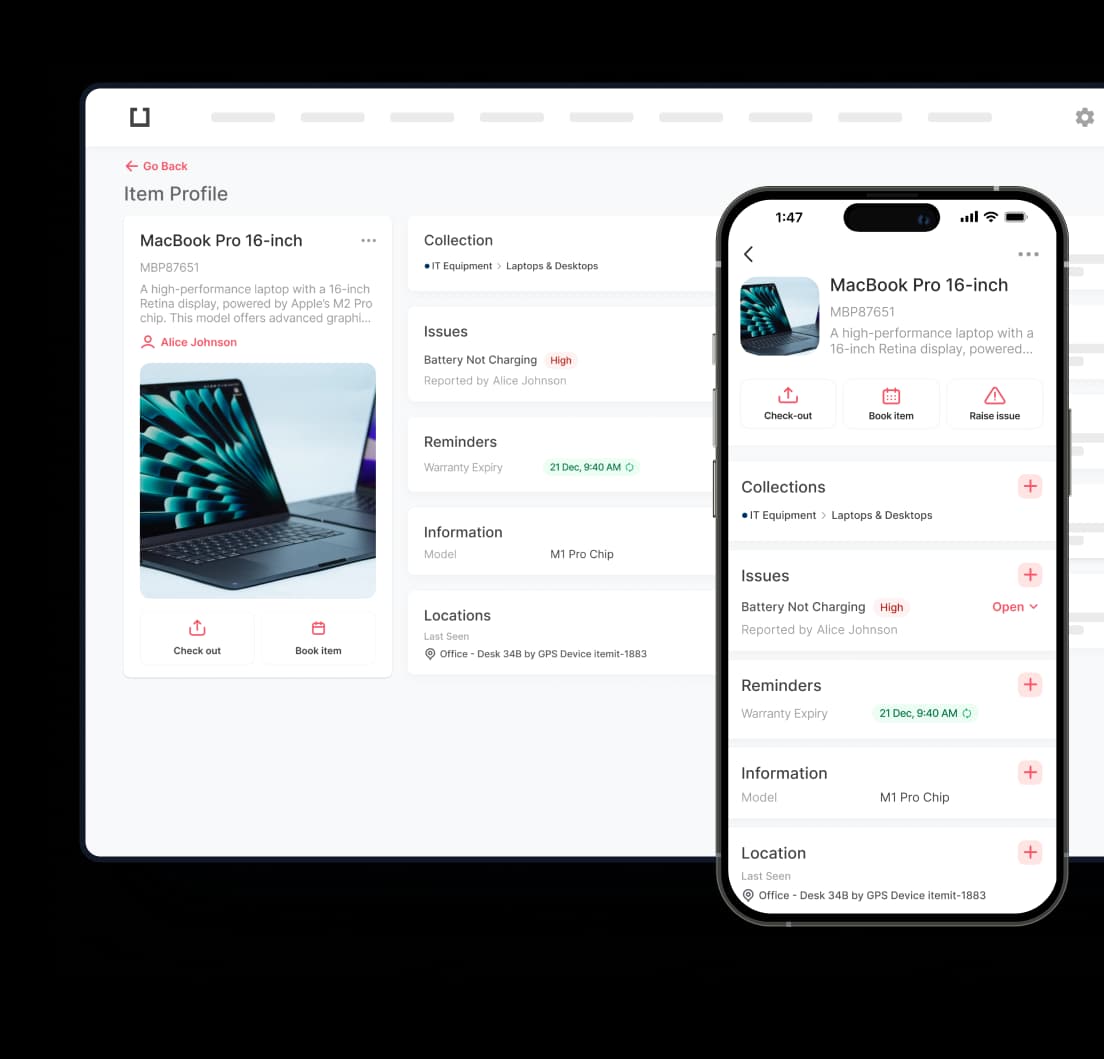You want your business to succeed, that goes without saying. However, many business owners don’t just want their business to succeed, they want it to thrive. If this is something that you identify with, you need to use a fixed asset register. A register such as this can make life so much easier. It can ensure that your assets are more likely to last longer and they’re more likely to be found. Additionally, your business is much more likely to thrive if you track your fixed (and your non-fixed) assets.
What Fixed Assets Are
A fixed asset is typically anything that is of value to your business that you would own for at least one year. This includes machinery, buildings, IT infrastructure, and land. However, they can also include anything that you use every day such as chairs and desks. However, the inventory that you sell or manufacture is not considered to be fixed assets. As a result, these items will not be included in your fixed asset register.

Why You Should Track Fixed Assets
These days, most businesses are reliant on a range of technology. As a result, tracking assets via an app or an online portal is becoming more important. The benefits of such technology are clearer than ever, however, some of them can be found below. If you’re not yet sure whether you’d like to use a fixed asset register or why, this section should answer some of your questions.
Better understanding Of Business Performance
A very clear benefit of tracking your fixed assets is that you could have a better understanding of your business. Seeing how it’s performing can only help you. Your fixed asset register does this by saving the data each time an asset is tracked or someone logs into the system. Upon logging into the system, a user is likely to perform a range of tasks. These tasks will be recorded as data and that data can be exported. While not all asset tracking software offers you the chance to export data, some software does. As a result, users can print the data off or simply read it on-screen. Whatever the case may be, it’s usually possible to see how well their business is performing, and in a whole new way. Consequently, businesses can be taken to a new level, change direction, or simply continue along the right path.
Location Detection Is Easy
One of the clear benefits of using a fixed asset register is that it allows you to track your asset’s location. You may wonder why a fixed asset needs to have its location tracked as, after all, it’s in a fixed place. However, this feature can still prove to be very useful. Let’s imagine that you have quite a few buildings. The roof of one of your buildings has started to leak. When you take a look at the map, you can see exactly where this building is. You could also see which non-fixed assets are in danger of becoming damaged.
Now let’s imagine that you need to use a specific machine in your factory. However, you’re not sure exactly where that machine is. Logging into your asset register app or online portal can show you where that machine is. Therefore, you’re a lot less likely to spend time searching for the machine. Consequently, you can use the machine when required and you can meet or even beat your deadlines.
Take another look at the images in this article. They depict how fixed asset tracking looks in a parallel universe. That parallel universe has the technology to make tracking fixed assets a breeze. Now it’s your turn to use it and reap the benefits.
Would you like to speak with someone knowledgeable about using a fixed asset register? Contact us now at team@itemit.com.





